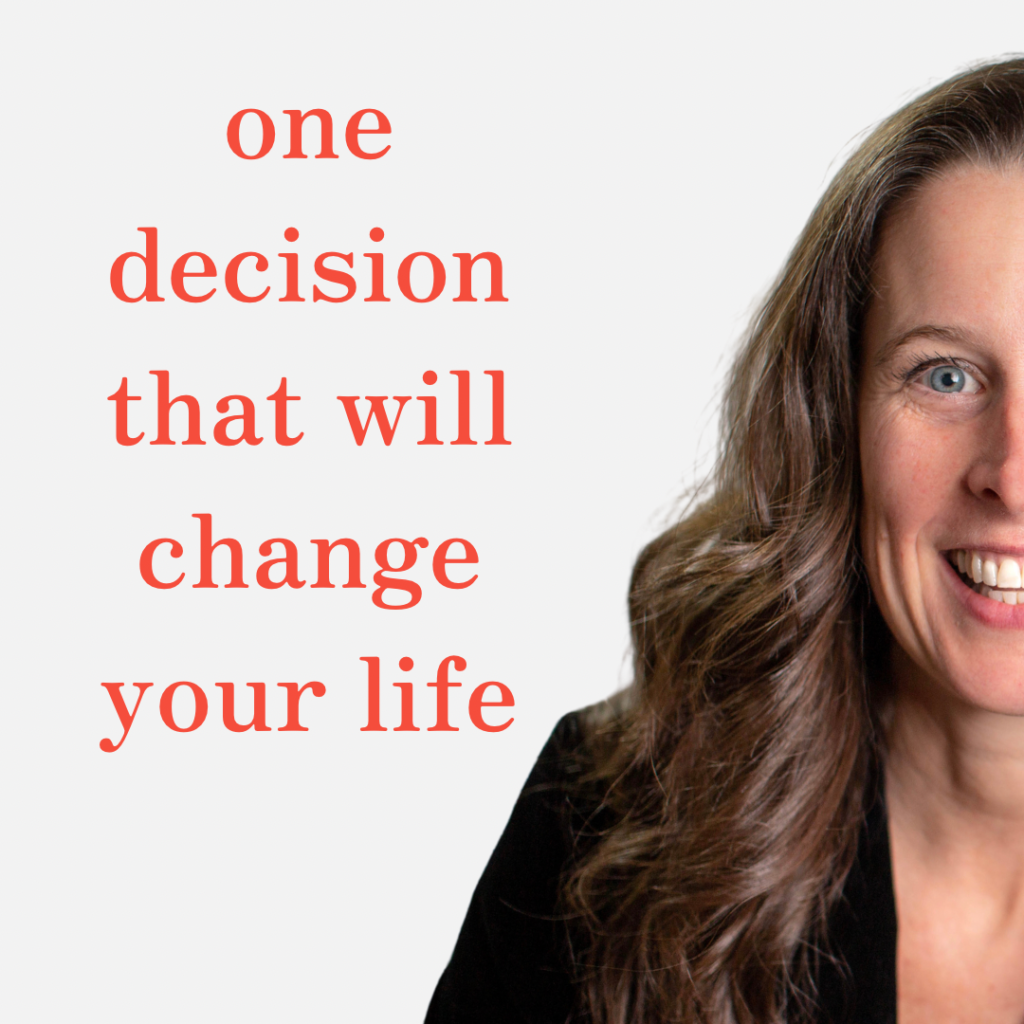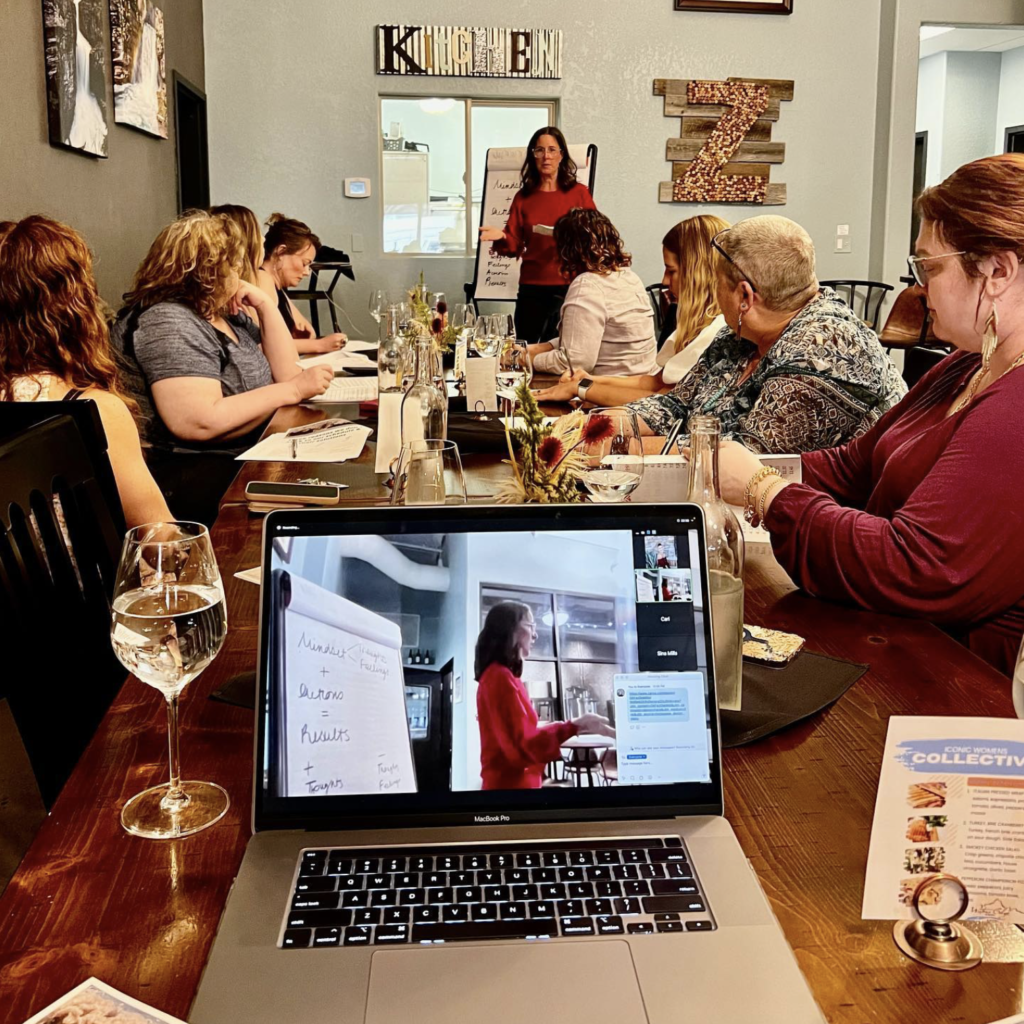Do you second-guess your decisions, worried you will make the wrong choices?
You constantly doubt whether you’ve made the right choices.
You fear that any mistakes you make will negatively impact your life or the life of those around you.
You worry about the consequences of your choices & feel paralyzed by the fear of making the wrong decision.
This causes immense anxiety & stress.
You feel overwhelmed, unclear & struggle to make decisions.
You often feel regret or guilty after making decisions, believing you’ve made the wrong choice.
You struggle with analysis paralysis– overanalyzing decisions, spending excessive time weighing pros & cons & seeking reassurance from others.
You seek validation & confirmation from others to ensure you’re making the right choices, often relying heavily on others’ opinions.
Your fear of making the wrong choice leads to hesitation & delay in decision-making, potentially missing out on opportunities.
But it doesn’t have to be this way.
You can embrace your uniqueness, honor your strengths & imperfections, & remember that external validation does not determine your worth.
You can create self-acceptance & fulfillment by defining your values, practicing self-compassion, & cultivating gratitude.
Trust in your journey, & see that you are enough just as you are.
This is how you get a handle on your second-guessing & worry about making the wrong decisions.
With this increased confidence, you will have
Greater decision-making abilities.
Less anxiety & stress associated with second-guessing.
An improved ability to trust your intuition & judgment.
Greater resilience & adaptability in handling the outcomes of your decisions.
Embrace personal growth & learn from experiences.
Enhanced self-awareness & understanding of your values & priorities.
You will be more empowered, create self-trust, & focus on the positive outcomes your decisions can bring.
And this is how you create & live a life you love.
Are you tired of second-guessing your decisions & living in fear of making the wrong choices?
I can help you move out of doubt & into empowered decision-making.
Click here to book a consultation call.
Logan Health Whitefish Employees can click here to schedule an in person coaching session or here to book a remote session (more availability).









